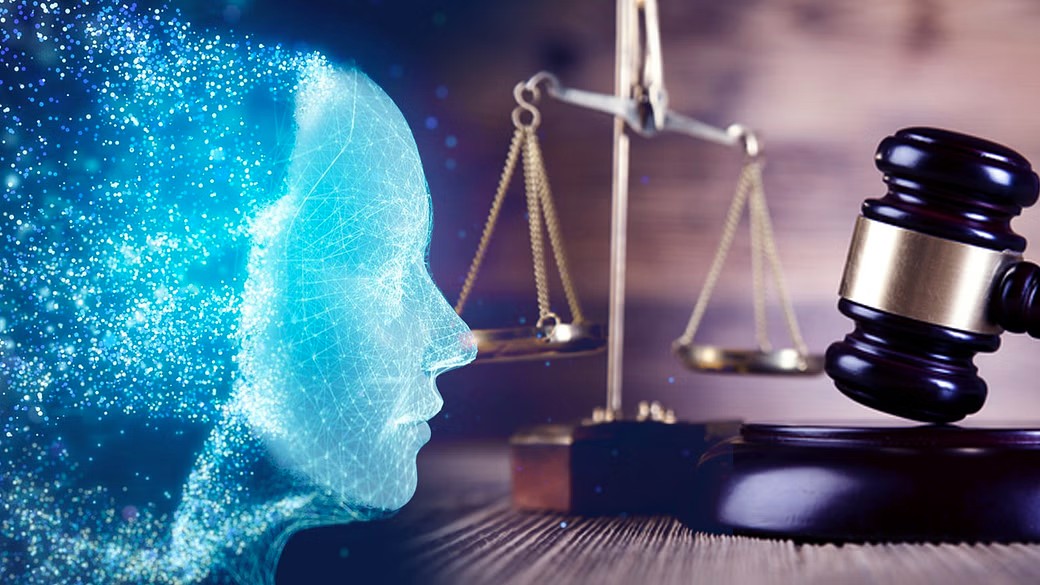Generative artificial intelligence (AI) tools such as ChatGPT took the world by storm, only surpassing the invention of the computer in terms of mind boggling technology capabilities. At the same time, the rise of these tools opened a Pandora’s Box full of questions targeted at the legal field and content creation. The million dollar question legal departments face in the wake of ChatGPT is, “Will ChatGPT Replace Lawyers?” Thankfully, ChatGPT and similar AI tools are a long way from replacing anybody.
Sure, ChatGPT and other AI tech can assist lawyers with some legal tasks and provide a wealth of information. But it lacks a law degree first of all, and it won’t be replacing lawyers anytime soon. These tools lack the expertise, experience, and contextual understanding that human lawyers have, which comes from years of field experience. Here are the 3 ways ChatGPT can’t and won’t replace lawyers.
Lawyers Add the Human Touch That AI Lacks
Lawyers are trained professionals who not only have a deep understanding of legal principles and regulations but also possess critical thinking skills, judgment, and the ability to apply legal concepts to specific cases. They are skilled at analyzing complex legal issues, conducting legal research, interpreting statutes and case law, and providing tailored advice and representation to clients. AI tools pick up on biases – while they’re “sweet” today, like all generative and predictive AI, they will venture into morally grey territory and do not have the mental capabilities to judge right from wrong.
Lawyers Do More Than Text-only Work
A Mondaq article notes that “human lawyers do far too many varied tasks for their clients, in various contexts, requiring different types of judgment and experience, to be fully replaced by an AI product without generations of improvement from what is available today.” AI certainly can’t replace lawyers anytime in the foreseeable future.
Lawyers do tasks that no degree of automation can fully provide just yet. From negotiations, to legal operations, and client counselling, human lawyers currently have the edge over AI, which lacks the aptitude and moral compass needed to guide legal processes. Visit LegalEase Solutions to find out more information regarding the importance of humans over Ai in the legal industry.
There’s Only So Much AI Knows
While ChatGPT and generative AI have vast amounts of data and knowledge at their fingertips (keys?), it only has access to a limited set of data and is not always up to date with the latest and greatest in the legal field. This is perhaps one of the biggest weaknesses of generative AI, where data that is processed only up to a certain period. Luckily for lawyers with ongoing and continuous learning, they’re always ahead of the game, giving them the edge over AI.
What Can AI Do, Then?
Since AI can’t replace lawyers, what can they do? Intelligent softwares and tools can assist lawyers with their legal research, document review, contract management, and offer preliminary legal information. In addition, these non-human legal partners can streamline legal tasks, increase efficiency, and free up lawyers’ time so they can focus on strategic work instead. At the end of the day, lawyers are still the only ones who can provide the human element and skills that AI hasn’t quite yet been able to replace – and hopefully will never be able to.

